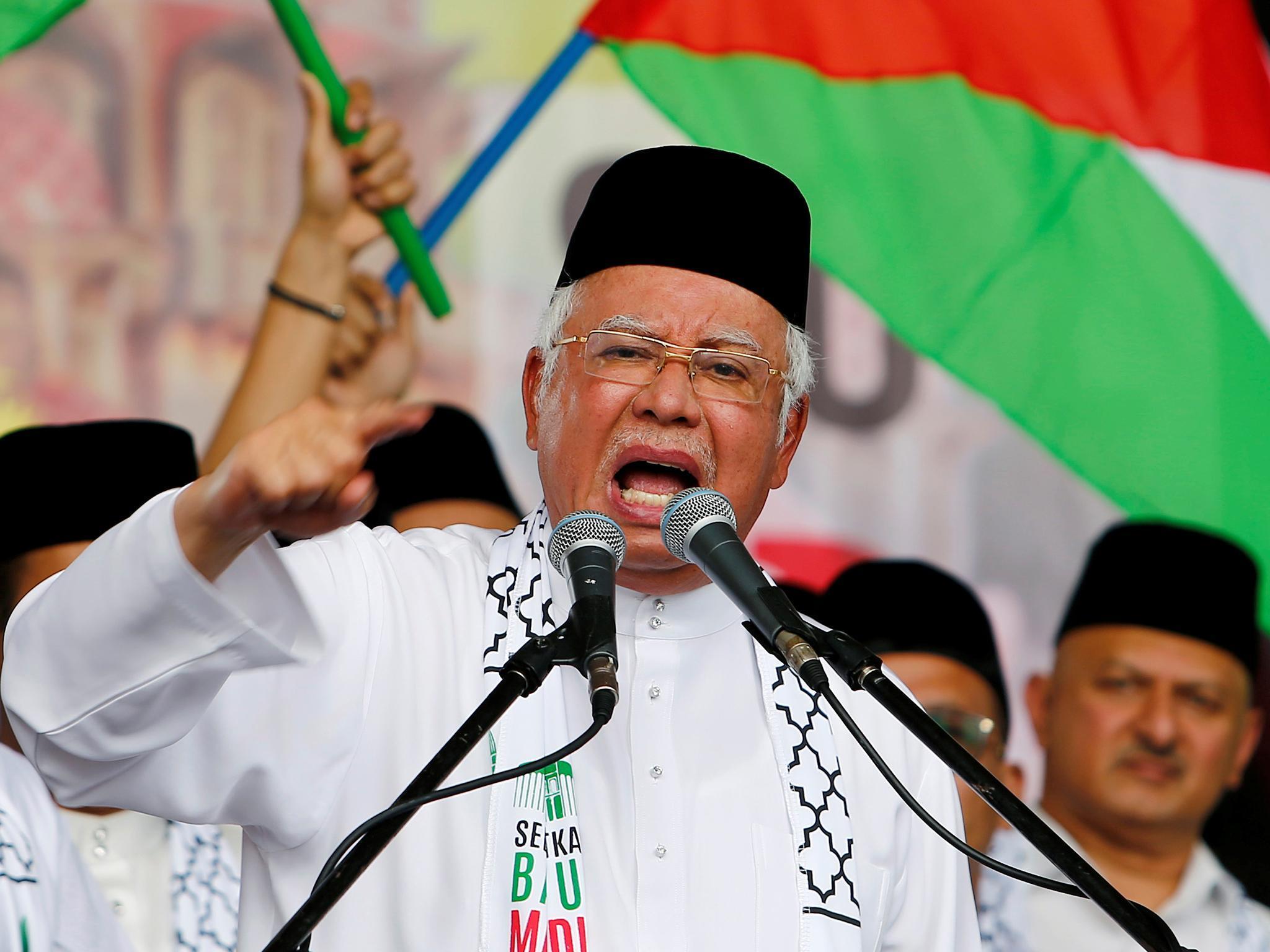From City Halls to Dark Corners: Is American Politics Irrevocably Corrupt?
Despite the chaos that often dominates headlines, it’s important to acknowledge that our political landscape is, in fact, more civilized now than in many previous eras—at least, that’s what I keep telling myself when reading about the latest scandals. Yet, the drumbeat of ambition, self-interest, and, let’s be honest, outright corruption continues to pull many into the power game, leaving us to question: have we devolved into a society where corruption thrives?

As I sipped my morning coffee while scrolling through the news, I couldn’t help but notice the alarming incidents shaking the political arenas of both New York City and North Carolina. Let’s start with New York City’s own Mayor Eric Adams, who has become the first mayor in NY history to face criminal charges while in office. The allegations against him include a long-running conspiracy that reportedly involves accepting foreign campaign contributions and accepting bribes under the table. Adams has pled not guilty, but the implications of these charges are downright chilling.
In the heart of North Carolina, meanwhile, Republican gubernatorial candidate Mark Robinson has found himself in hot water, facing accusations for past comments on a porn site’s message board. With Robinson claiming his innocence, this begs the question—how many skeletons can politicians hide before they come back to haunt them?
In a nation where the former president faces multiple state and federal charges, including election interference, the culture of corruption seems pervasive. When I hear about these high-profile figures caught in scandals, I think about the average citizen, trying to make sense of a political system that appears riddled with deceit. It’s enough to make one feel helpless.
The Tangled Web of Corruption
Let’s examine Adams’ situation further for a moment. His indictment marks a significant moment in New York’s history, a city already infamous for political corruption. It’s ironic that he’s being charged for actions from a decade of questionable dealings—who else, after all, has compromised their integrity behind closed doors? There’s something particularly unnerving about allegations that he might have been an agent for a foreign government, especially given the backdrop of rising international tensions today.
Interestingly, he is not alone in this grim spotlight. Just a few weeks ago, Linda Sun—former deputy chief of staff to NY Gov. Kathy Hochul—was indicted for similar charges, acting as an agent for the Chinese government. The web of corruption expands beyond just these instances, drawing in many figures across the political spectrum.
Scandals like these make it increasingly difficult to trust our leaders. The reverberations of such accusations seep into our daily lives, influencing how we view the political system as a whole. It feels as if the trust we once placed in these figures is crumbling, much like a sandcastle washed away by rising tides.
Has Politics Really Devolved?
Has American politics devolved to a level worse than our predecessors? Surely, we must recognize that our politicians never truly represented the best among us. History tells us that power has frequently attracted a certain kind of individual. Yet, I can’t shake the feeling that today’s political landscape lacks the integrity that once characterized our democracy. Political capital seems less about serving the public and more about accruing personal gains.
When I hear congressional hearings, I often find myself shaking my head in disbelief over the catfights and ego battles displayed on that stage. There’s a stark contrast between constructive debate and the raucous bunch we’ve witnessed recently, where attention-seeking behavior overshadows any meaningful dialogue. We’ve reached a point where division reigns supreme over unity.
Cultural shifts undoubtedly play a role in this metamorphosis. Technology has turned our world into a constant stream of information, making us more connected yet paradoxically more isolated. Perhaps in our quest for convenience and instant gratification, we’ve unwittingly weakened the values that have grounded society for centuries—church attendance is down, marriage rates have dwindled, and birth rates are on the decline. As the digital age consumes our lives, the foundations of our existence seem to wither away, leaving us floating in a void.
Conclusion: The Future of American Politics
In my view, we are verging on becoming modern-day Romans—more concerned with the latest entertainment trends than the weighty matters of governance. Sure, today’s politics might appear more civilized compared to earlier times of outright violence and oppression, but isn’t there something fundamentally unsettling about the shallow pursuit of power without real responsibility?
Despite the façade of civility, the ambitious, self-interested, and corrupt individuals are still drawn to the flame of influence. They feed off the uncertainty and chaos they create. Until we hold our leaders accountable, the cycle will persist, and we might find ourselves lost in a state of unending scandal.
The web of political intrigue continues to ensnare those in power.
The real question is whether we’re content to remain in this cycle. Can we really afford to overlook the shady dealings just because we’re comfortable in our own lives? It’s imperative for each of us to strive for a more accountable governance, one where leaders are held to the standards they promise to uphold. Without that effort, we risk degrading into a society where power and corruption reign supreme.
In these times of turmoil, let’s find our voices and demand more from those who wish to lead us. A more engaged populace is the only way forward if we genuinely desire to change the narrative of American politics and restore trust in the system.


 Photo by
Photo by 











